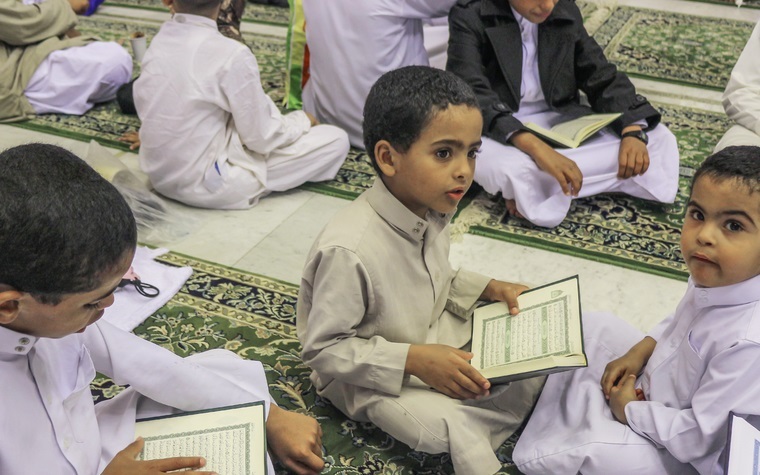Gulf state members of the Gulf Cooperation Council (GCC) are
spending $150 billion a year on education, the GCC Federation of
Chambers of Commerce and Industry recently determined.
With a 2020 student population projected at 11.3 million, GCC
states must look to a future with a much diminished reliance on oil
and more on economic diversification. To that end, they realize they
must focus on education efforts that will retrain workers and
lead to opportunities for the coming generation.
Saudi Arabia makes up 75 percent of the total GCC student
population projection, and the Saudis have announced a range
of programs aimed at developing educational opportunities.
''There is a need for in-depth study of the challenges facing the
delivery of quality education, despite the huge funds spent
throughout the past decades,'' Abdul Rahman Al Naqi,
secretary-general of the GCC Federation of Chambers of Commerce and
Industry, said.
To get more of an idea of how GCC countries will invest in these
initiatives, the Gulf News Journal spoke to Riddhi Parekh, senior
analyst of investment research and analytics at the research firm
Aranca. Parekh has nearly four years of equity research experience
across markets in the Middle East and Europe.
“A significant share of GCC budget expenditure is being reserved
for the development and modernization of the education sector,
despite economic challenges,” Parekh said, noting that Saudi Arabia
and the UAE both spend at least 20 percent of their budgets on
education. “Despite the huge funds allocated to the sector, it
still faces challenges, such as a shortage of qualified teachers and
sub-par education quality vis-à-vis global standards. This creates a
skills gap … thus raising the youth unemployment rate across the
GCC.”
However, Parekh also cited International Monetary Fund figures
showing that per capita incomes across the region are expected to
increase for the next few years.
“As affordability improves and a willingness to spend on
education becomes apparent in the GCC, residents are keen to spend a
large share of their disposable income on schooling,” Parekh said.
“There has been a rise in preference for private schools providing
international curriculum, primarily due to the high quality of
education they offer. Measures to boost private-sector investment and
an inclination toward international curricula among citizens are
factors attracting leading foreign education institutes to the
region.”
Parekh said projects worth more than $50 billion are currently in
various stages of development in the education sector in GCC
countries, with Saudi Arabia accounting for the majority share.
Parekh cited King Faisal University in Saudi Arabia, with an
estimated value of $14.7 billion, and the Sabah Al Salem University
in Kuwait, estimated at $3 billion, as the largest such programs in
the GCC.
Gulf states see their future in education




 Alerts Sign-up
Alerts Sign-up